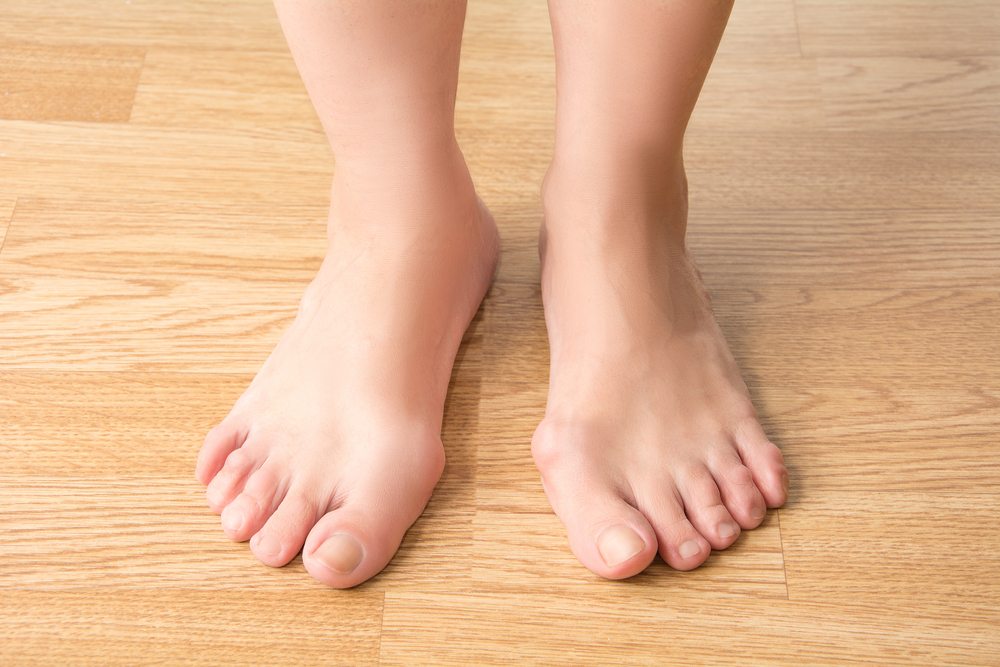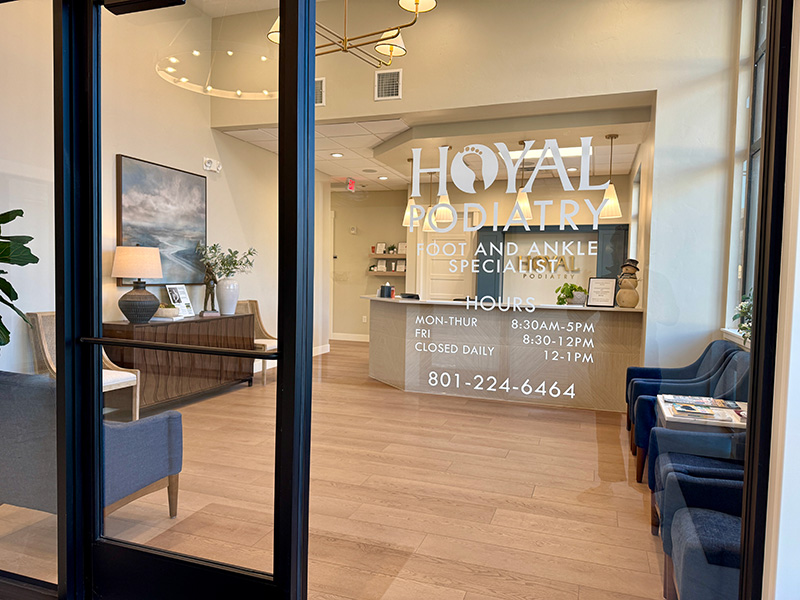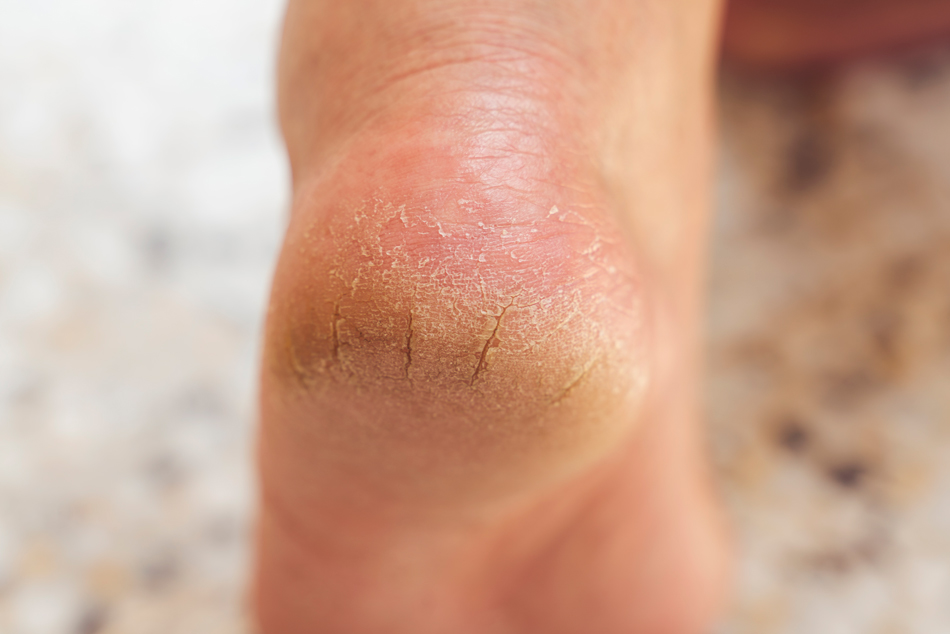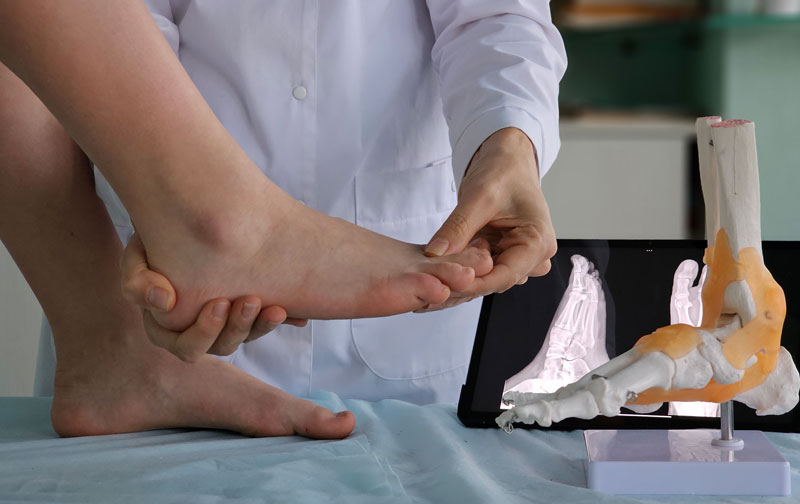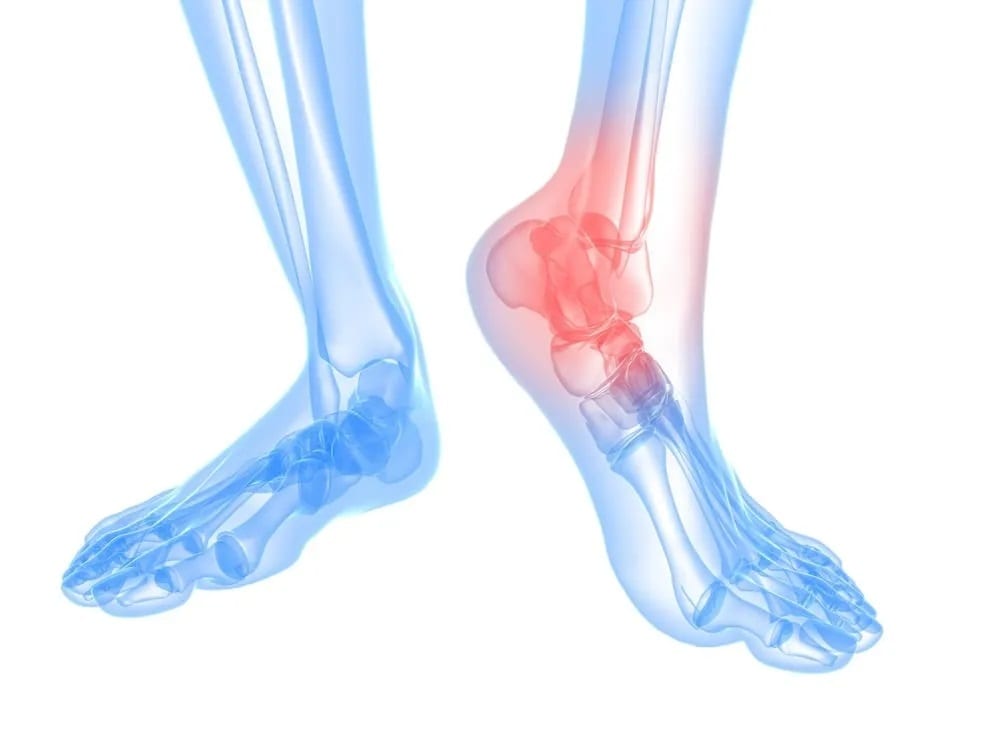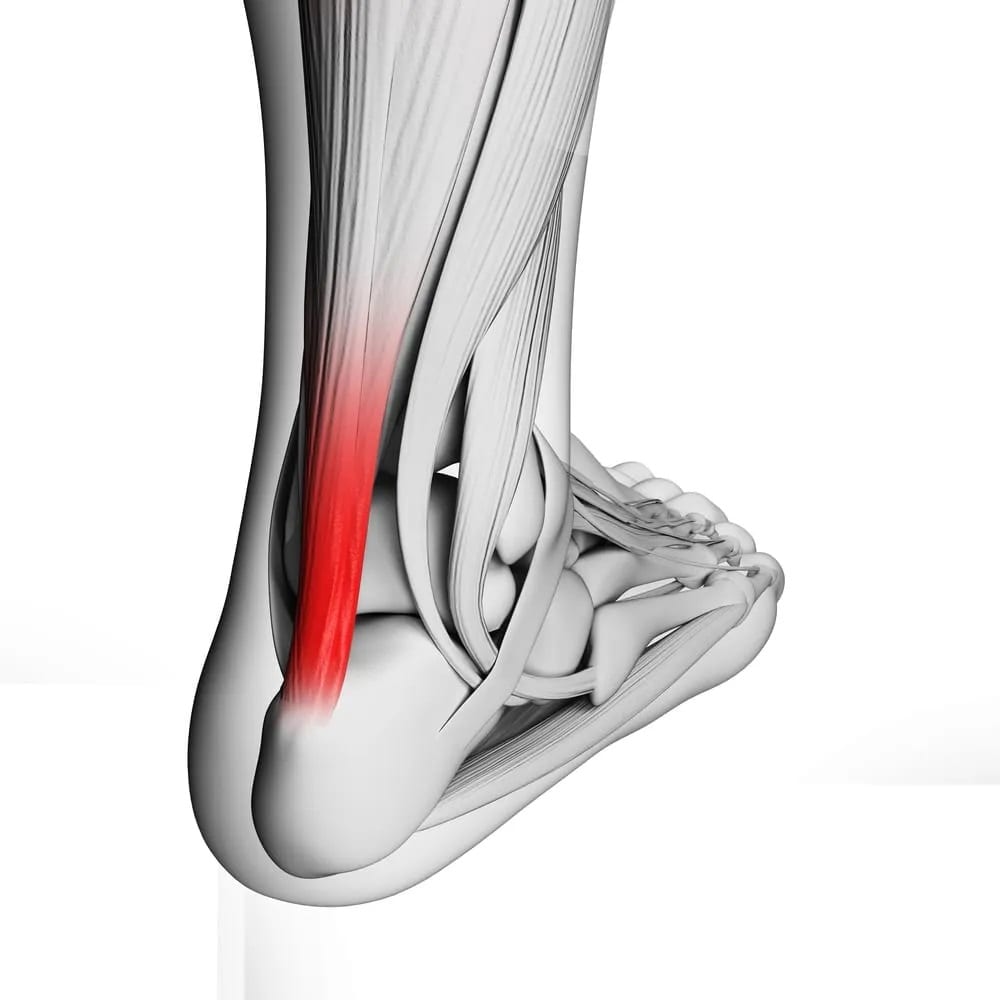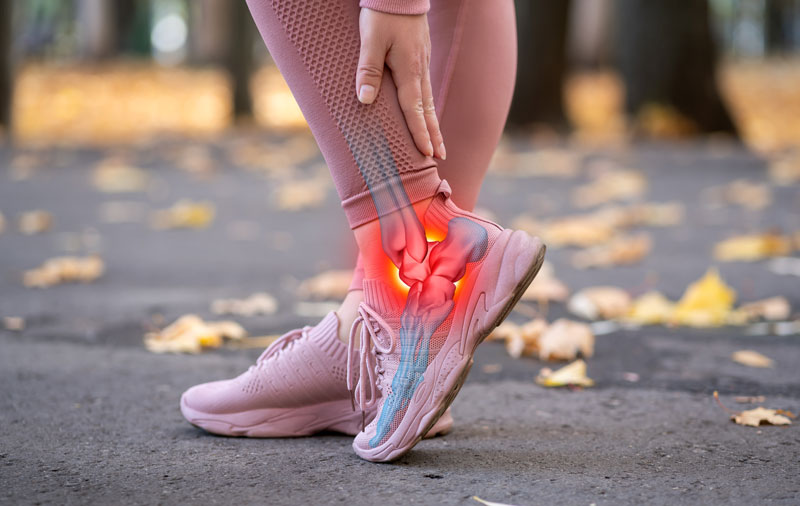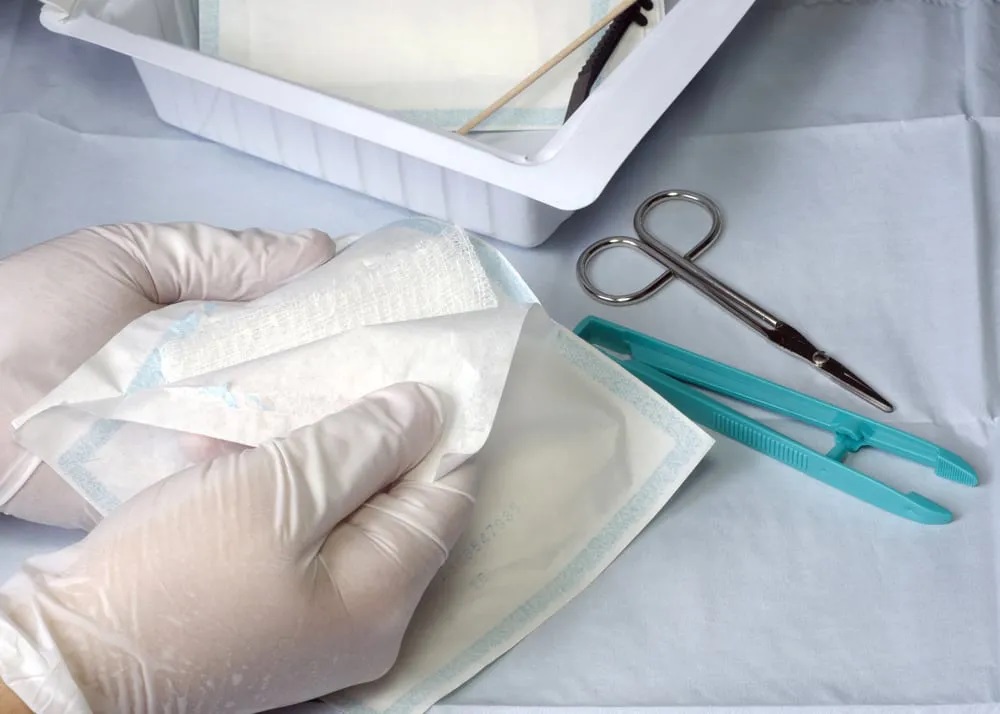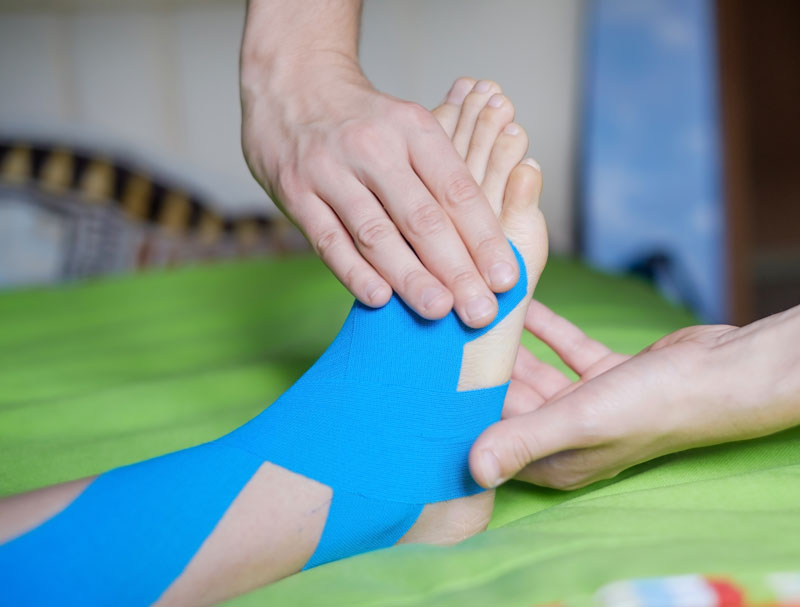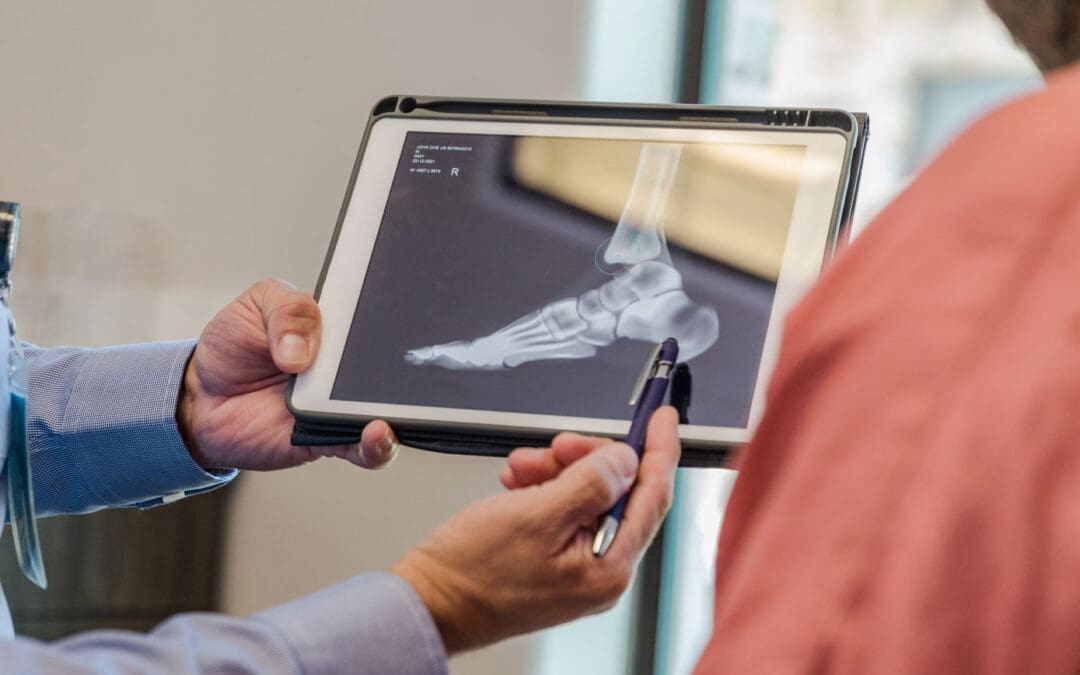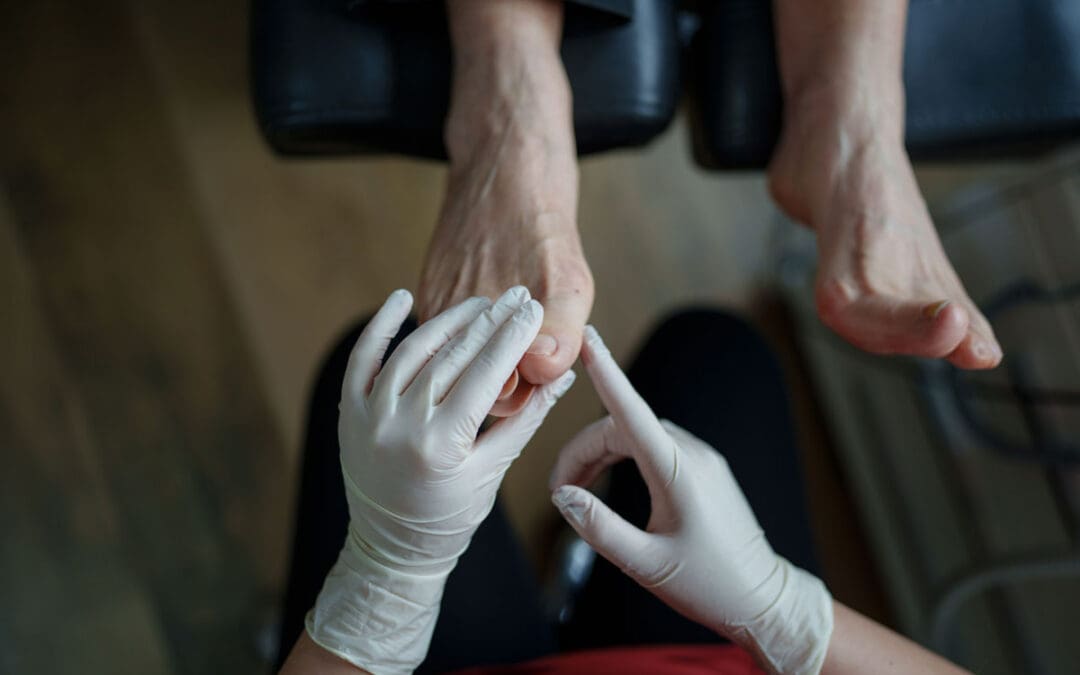Bunions are bone deformations that form on the foot where it joins the big toe. They develop over time, gradually getting bigger and sticking out from the rest of the foot. Bunions are caused by a combination of genetic and lifestyle factors, with many people predisposed to developing them due to a weakened foot structure. Others get bunions because of chronic stress on the big toe or a chronic condition like arthritis.
Did you know…
that wearing the right shoes can help prevent bunions and prevent existing ones from worsening? Shoes should never crowd the toes and should support the natural shape of your feet. It is also wise to purchase shoes with a wide toe area, allowing plenty of space between the toes and the end of the shoes.
Frequently Asked Questions
What are the symptoms of a bunion?
Bunions are easily identified by the large, protruding bump they cause at the base of the big toe. Usually, the big toe begins to angle away from the body, potentially leading to redness, soreness and swelling. The skin may also become thickened and develop calluses.
Should I see a podiatrist about my bunions?
Many people live with bunions for years without any problems. However, they may lead to complications, such as ‘hammertoe’ or ‘bursitis’ if left untreated. Schedule an appointment to meet with a podiatrist if your bunions are worsening, causing chronic toe or foot pain, or if they are limiting your mobility. You may also wish to consult with a podiatrist about bunion treatment if your bunions are a source of embarrassment or affecting your ability to find shoes that fit.
What types of bunion treatments are available?
Not everyone who has bunions requires treatment. However, your podiatrist may recommend addressing the symptoms of bunions by first changing shoes or using foot orthotics that support the big toe in a ‘normal’ position. Steroid injections or over-the-counter medications may also be used to reduce inflammation and temporarily manage pain. In some cases, surgery may be necessary to relieve pain and restore the toe’s natural position.

